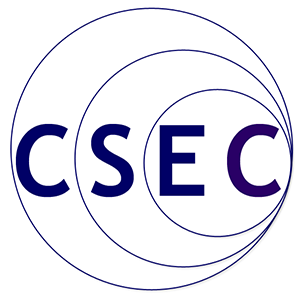Current Projects
SLURRY MAX: Holistic decision-support system for organic slurry storage and treament techniques for maximum nutrient use efficiencies
Funders: Sustainable Agriculture Research and Innovation Club (BBSRC/NERC)
Research Staff (Lancaster): Claire Waterton, Emma Cardwell, Lisa Norton
SLURRY MAX is an interdiscipliary project headed by Claire Waterton. It examines the practices of slurry storage and treatment on farms, the environmental goods and bads of the nutrients (most notably nitrogen and phospherous) in slurry, and how the agricultural industry and regulators support farmers in managing this difficult substance.
Hypermetabolic N: exploring the social life of nitrogen in UK agroecologies
Funders: N8 Agrifood
Research Staff (Lancaster): Claire Waterton, Emma Cardwell, Lisa Norton & Carly Stevens
Claire Waterton and Emma Cardwell (alongside Lisa Norton, Carly Stevens and Julia Cooper) look at the complex role of artificially fixed nitrogen in UK food systems and nutrient cycles.
Current PhD Projects
Austere alternatives? An exploration of the politics of ‘alternative’ food in the age of austerity
Jonathan Beacham (supervised by Anne Cronin and Bron Szerszynski) explores the politics of ‘alternative’ food in a context of economic austerity.
The plans, practices and politics of evacuation and recovery in Fukushima, Japan, and Chernobyl, Ukraine: an STS approach
Louise Elstow (supervised by Claire Waterton) explores issues around evacuation and resettlement following nuclear incidents, using an STS approach.
Global Industrial Metabolism and E-Waste Dumping in the Agbobloshie suburb of Accra, Ghana – A Marxian Ecological Economics Approach
Davor Mujezinovic (supervised by Michael Krätke and Bronislaw Szerszynski) seeks to investigate the phenomena of e-waste through a case-study of the dump-site Agbobloshie near Accra in Ghana.
Learning to manage Bovine Tuberculosis: Bringing together the understandings of vets, farmers, local communities and the policy process
Jess Phoenix (supervised by Claire Waterton) explores local understandings of bTB and combine these with government officials’ and scientific advisors’ understandings of the policy process.
The technopolitics in the sociotechnical system of energy of Taiwan
Claude Yang (supervised by Bronislaw Szerszynski) explores the key aspects of modernity and socio-technological system of energy in Taiwan, stressing the legacy of developmental state and high modernism in the post-war Taiwan as it is still fostering the regime of energy in Taiwanese society today.
Affective planning for environmental change: participation and innovation in neighbourhhods, catchments and natural areas
Andy Yuille (supervised by Claire Waterton) looks at innovative forms of participatory planning for environmental change, focusing on neighbourhood planning, a form of small-scale, community-led land use planning introduced to England by the Localism Act 2011.
